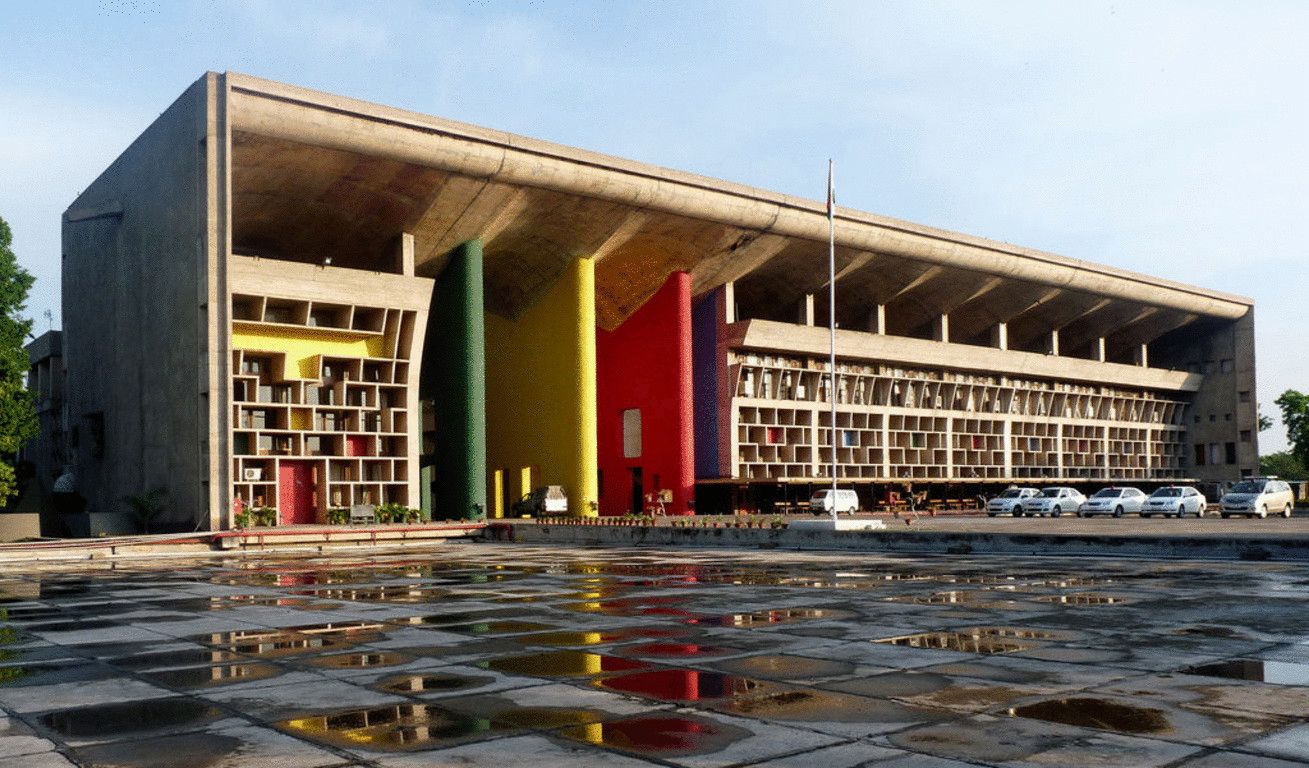Punjab & Haryana High Court Directs Appointment of Constable Denied Joining Due to Judicial Custody, Says 30-Day Limit Under Govt Instructions Not Mandatory

Case Name: Harsh Rawal v. State of Haryana and Others
Date of Judgment: October 13, 2025
Citation: CWP-28252-2025
Bench: Hon’ble Mr. Justice Jagmohan Bansal
Held: The Punjab & Haryana High Court set aside the rejection of a constable candidate’s joining request, holding that the 30-day limit prescribed under the Haryana Government Instructions dated September 13, 2019, is not mandatory and cannot override the statutory provisions of Rule 12.18 of the Punjab Police Rules, 1934. Justice Jagmohan Bansal observed that departmental instructions are directory in nature and cannot be treated as sacrosanct where a candidate’s circumstances justify delay. The Court ruled that denial of appointment to a candidate who cleared the selection process but could not join due to judicial custody would amount to unjust deprivation of employment and violate principles of fairness.
Summary: The petitioner, Harsh Rawal, applied for the post of Constable pursuant to an advertisement dated June 28, 2024, and successfully cleared all stages of recruitment, including the Common Eligibility Test, physical tests, and knowledge test. While awaiting joining, he was implicated in a cross-FIR (FIR No. 234 dated September 28, 2024) arising from a political village dispute. He was in judicial custody when the Haryana Staff Selection Commission issued the appointment letter and could not join within the prescribed 30 days. His father and later the petitioner himself sought extension of time to join. The competent authority, however, rejected his request citing the Government Instructions dated September 13, 2019, which restrict joining time to a maximum of 30 days.
The Court found that the petitioner’s case was not covered under any disqualifying clause of Rule 12.18 of the Punjab Police Rules, 1934, and that the rejection was solely based on administrative instructions lacking statutory force. Justice Bansal emphasized that the joining period must be interpreted flexibly and in a manner that balances administrative discipline with fairness to candidates. The Court noted that the petitioner’s inability to join was due to judicial custody in a cross-case that had already been quashed on compromise, and that depriving him of employment would be disproportionate and unjust. The instructions, the Court held, could not be elevated above statutory rules or equitable considerations.
Decision: The High Court allowed the writ petition, set aside the rejection order dated September 8, 2025, and directed the respondents to issue the appointment letter to the petitioner within two weeks, permitting him to join subject to other formalities. All pending applications were disposed of.